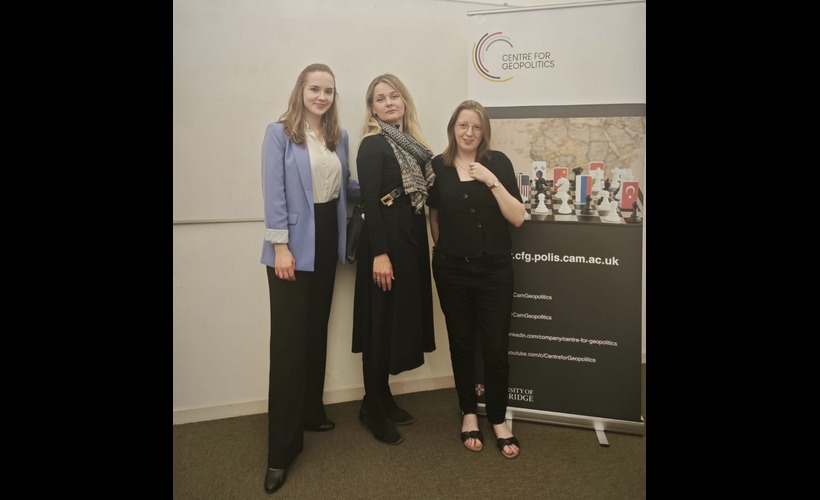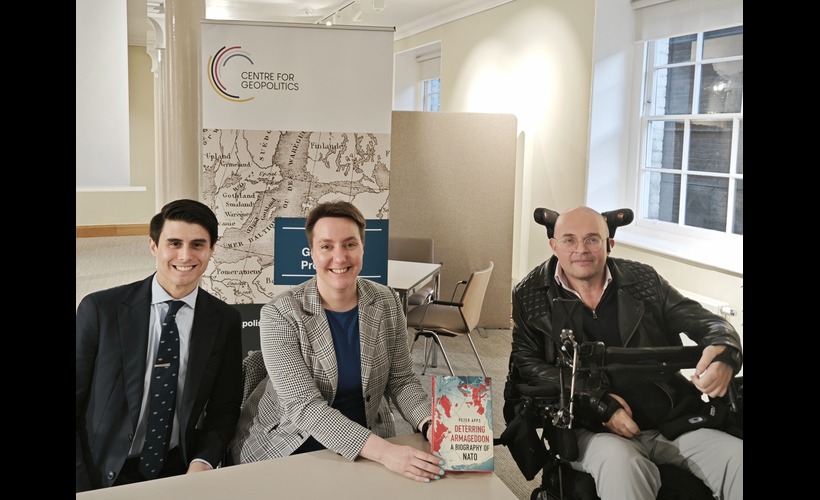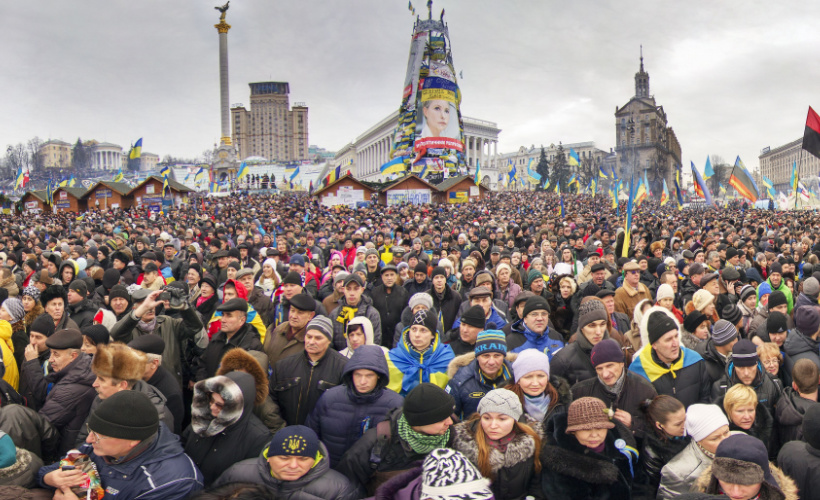By Dr Donatas Kupciunas, Postdoctoral Research Associate
A long year has passed since the all-out Russian invasion of Ukraine, and in a year from now, a decade will have passed since the beginning of hostilities in Donbas. The current war confirms the old adage that no war develops according to preconceived scenarios or expectations, and this is true for Ukraine, Russia, and their international backers.
The Russian attempt to decapitate the Ukrainian state in a blitzkrieg badly misfired. Russian advance was stopped by fierce Ukrainian resistance, and many of the invading elite units were rendered combat ineffective. Yevhen Murayev, who, according to British intelligence, was supposed to lead the new pro-Russian government, fled to Russia, and pro-Russian parties were later outlawed altogether. Ukrainian politics, for all its problems, is alive and functional in extreme conditions. Putin‘s address inviting the people of Ukraine to depose a government of ‘a bunch of drug-addicts and neo-Nazis‘ went unheeded. Russia succeeded neither in ‚de-nazification‘ (read: de-nationalisation), nor in ‘demilitarisation’ of Ukraine, the key war aims that Putin proclaimed on the day of the invasion. On the contrary, Ukrainian nationalism was only boosted by the war, the country is being supplied with progressively heavier western weaponry, and the flow of ammunition continues. So does intelligence sharing and support in operations planning. Having to fight, on top of Ukraine, most of the Western world, even if only in a proxy war, was clearly an unpleasant surprise for Moscow. The ‘special military operation’ is thus turning into a protracted all-out war for Russia, where her performance so far has been reflected in Ukrainian spoofs about ‘the second strongest army in the world’.
The war has turned out to be equally unpredictable for Ukraine and its backers, whose plans and hopes have also suffered from bad analysis, wishful thinking, or simple populism. Sanctions, packages of which are now being counted in double digits, have failed to knock out the Russian economy, or to provoke public disturbances. Putin has not died, nor has he turned out to be mentally incompetent. There has been no regime change in Moscow. Total isolation of Russia could not be completed. Biden’s recent visit to Kyiv has been counter-balanced by Wang Yi’s visit to Moscow two days later, signaling that China would not be prepared to allow a strategic defeat of Russia. Despite Western slogans depicting a common front with Ukraine, there can be no talk of NATO boots on the ground, and support given to Ukraine so far has followed the pattern of a half-hearted proxy war, with Ukrainian backers sending much later, and much less than Ukraine needs, as well as, as is the case with tanks, stripping them down of high-end features, so that cutting edge technology does not end up in Russian hands. More fundamentally, just as a year ago, there is still no clear idea in the West on what would amount to a Ukraine victory – sustaining Ukrainian independence in a rump state? Retaking the land corridor to Crimea? Crimea itself? The whole of Donbas? Finally, in the absence of Gorbachevs and Yeltsins, and in the presence of Putins and Patrushevs, how do you defeat a nuclear superpower head-on?
Despite all those failed hopes, both sides are doubling down, and both consider the war as existential. One thing is clear – the war is far from over, and quality historical research and policy analysis can help us understand and contextualise it. This was the aim of the international symposium ‘Ukraine and the Baltic: the past, the present, and the future’, organised by the Centre’s Baltic Geopolitics Programme, in cooperation with the University of Latvia and the British Embassy in Riga, which took place in Riga on 8 March. Scholars and practitioners of international relations from Britain, Ukraine, Lithuania, Latvia and Estonia shared their insights on the diverging and converging paths in Ukrainian-Baltic relations, including in the period before 1990, as well as the common issues of the geopolitics of memory and memory of geopolitics. The highlight of the event was a substantial discussion of the 2014 and 2022 crises by Baltic (ex)foreign ministers and diplomats who were witnessing them directly in Kyiv and Moscow.







